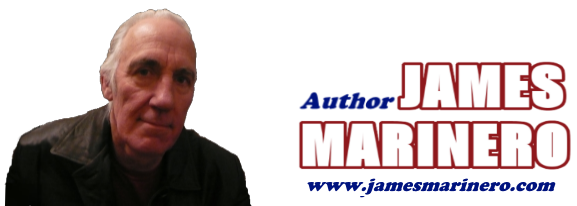Get Your Facts Right Or Lose Readers
I was recently reading a thriller written by a New York Times #1 Best Seller author. He has numerous books to his credit and is obviously successful. However, my enjoyment of the book was spoiled by numerous inaccuracies, many of which related to the UK and the British way of life. There were other factual errors too, and although I did struggle through to the end, I wouldn’t want to read another of his works (and as it happens, there is one right there on the bookshelf).
Qualified to Comment
I’ve read many hundreds of books over my lifetime. I know what I enjoy, and what spoils a book for me. I also have plenty of life experience and knowledge (though imperfect), so I feel suitably qualified to question and give an opinion on how to write novels. It follows that my writing is informed both by my reading and by my experience. When I write, I research thoroughly and have my facts checked independently. Not only facts, either – descriptions of cultural issues too. I would be mortified if the sort of basic errors that were in ‘that book’ were found in my work.
How To Write Novels – Writing Teams?
Now, it may well be that he has a team of writers working for him (indeed the joins are visible in places, with subtle variations in style being apparent), but elements such as these are relatively easy to check or have edited.
Production Line Writing
I am not talking here about typos and grammatical errors. It looks like production line writing with little concern for accuracy. If it is, then they need a quality circle in their writing factory.
What is possibly more concerning is that this author’s books are published by one of the world’s leading publishing houses. Do the publishers not have editors and fact checkers?
Target Market
Am I being excessively picky about the detail? Maybe I’m a lone reader in this respect. Does it spoil the enjoyment for other people too? The author is obviously popular, so I assume that the good points in his work outweigh the negatives that I see, in his readers’ eyes.
Maybe it’s just that I am not the target market of this author, though I am an avid reader of thrillers. To what level of reader is he trying to appeal?
One final point. The reviews for the work, by leading publishers periodicals, are glowing, with no mention of the poor level of quality control and factual errors which are obvious to anyone with half a brain.
So, the failure is on three levels – the author (and his/her team), the publisher, and the trade press which is not sufficiently critical. A less charitable person might say that the publishers’ ads fund the trade press, but I shan’t go down that road.
How to Avoid the Problem
When you write, and are in any doubt about a fact or statement, mark it with [CHECK] and verify it later, maybe online (but do use at least two sources or one serious authority source). Next, use the services of a fact-checker at editing time.
A Lost Reader
Sadly, I’ve added his name to my list of two (now three) authors whose work I avoid. No doubt, there are some that will put me on their list too, as I’m a detail person when it comes to writing, though I don’t believe that everything has to be explained, or should be explained to the reader. However, facts should be checked – it’s basic for those learning how to write novels. Unless of course you write science fiction or create alternative worlds where anything goes…



